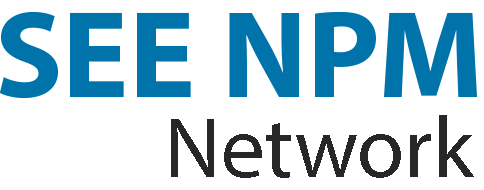Dialogue With Competent Authorities and Regular Follow-Up
National Preventive Mechanisms’ (NPMs) recommendations and their implementation are the most important elements in the functioning of the mechanisms for the prevention of torture and other forms of cruel, inhuman or degrading treatment. Thus, they have to be based on constructive dialogue with the competent authorities and their implementation monitored on a regular basis, concluded the participants of the second online meeting of South-East Europe NPM Network on the topic of COVID-19-related challenges in the context of monitoring the implementation of safeguards against torture during police custody. The meeting was held on 7 December and hosted by the Croatian NMP, the Network’s current chair, in co-operation with the Association for the Prevention of Torture (APT), the Boltzmann Institute for Fundamental and Human Rights and the Council of Europe.
COVID-19 Pandemic Complicates Situation on the Ground
Along with constructive dialogue with other competent authorities, the NPMs themselves need to be provided with sufficient capacities for the follow-up of their recommendations and their monitoring activities have to be performed strategically and in co-operation with other stakeholders and partners in the wider sense, such as the civil society organisations, the media and others. The current pandemic and the related measures have caused additional difficulties when it comes to the monitoring of procedural safeguards, visits and interviewing the persons deprived of their liberty. However, events like this one provide an opportunity for us to exchange the examples of good practice that could be incorporated into our work in the present circumstances, said Ombudswoman Lora Vidović in her opening remarks.
Recommendations – Realistic, Not Idealistic
Recommendations issued by NPMs need to be achievable and realistic in the context of the wider social situation. They should also be measurable and priority-bound or, more specifically, aimed at achieving concrete short, mid and long-term goals. Additionally, regular follow-up is crucial for monitoring the level and efficiency of their implementation and the co-operation with the international mechanisms has proven to be a key factor in ensuring the implementation in the situations when the recommendations are either ignored or implemented inadequately by the competent authorities.
Common Goals
Participation in legislative procedures can be one of the avenues of achieving the implementation of the recommendations. At the same time, it is important to provide training for the law enforcement officers to educate them on the relevant legislation, concluded the participants. “Croatian NMP has organised several training sessions for police officers with the goal of informing them about our mandates, competences and the purposes of our work, as well as the international documents such as the UN Convention against Torture and Other Cruel, Inhuman or Degrading Treatment or Punishment (OPCAT). I am glad that they showed interest and that we were provided with an opportunity to hear, through discussions on the NPM’s recommendations, the opinions of the officers working directly with the persons deprived of their liberty. All of this has brought us closer to the achievement of our common goals – efficient work of the law enforcement staff and simultaneous protection of the rights of the persons deprived of their liberty,” said Maja Kević, Deputy Ombudswoman and Head of the Office’s NPM Department.

